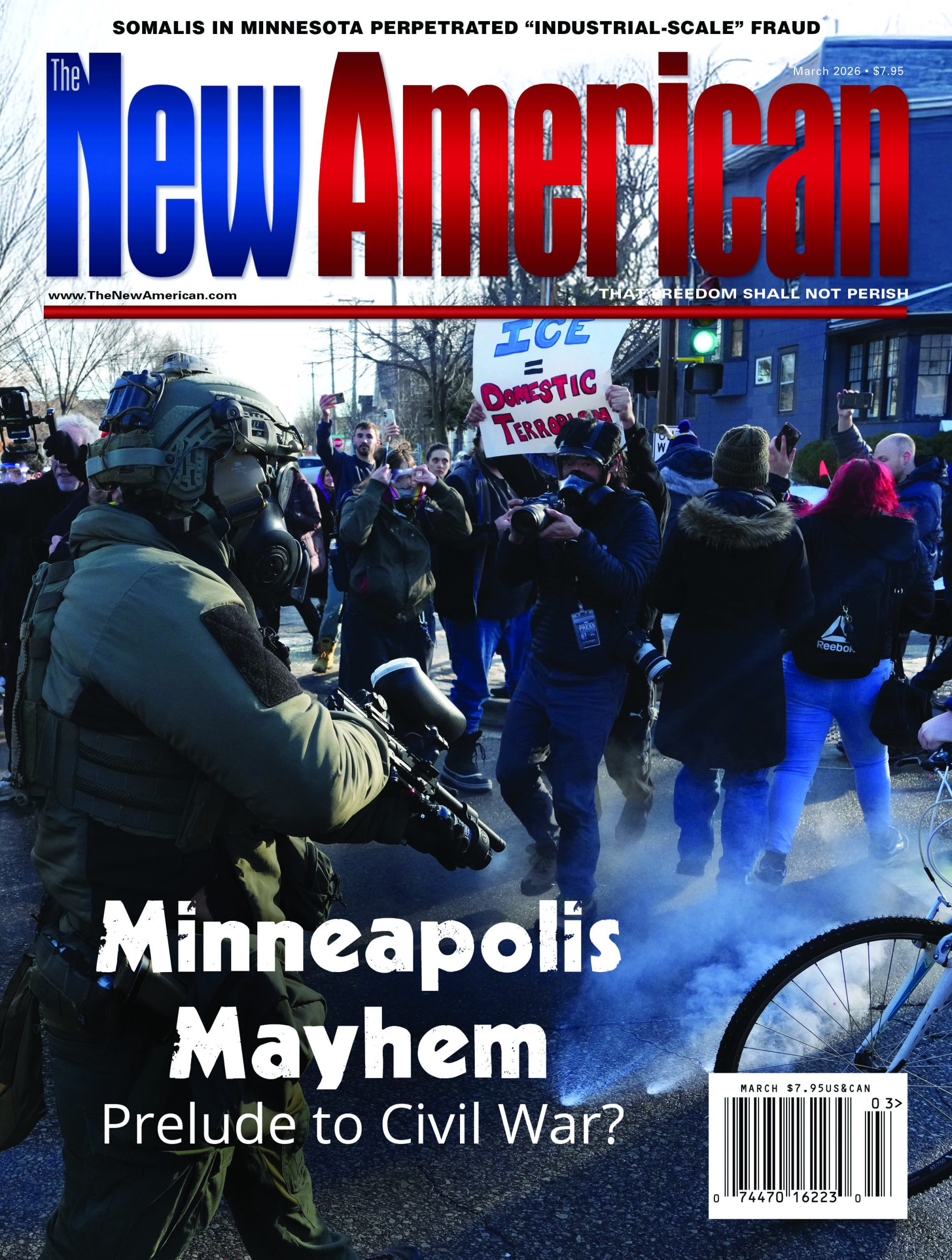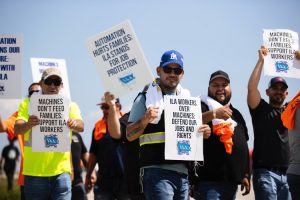
Ford Will Keep Producing Lincoln MKC in Kentucky; Trump Claims Victory
Early Thursday evening President-elect Donald Trump tweeted: “Just got a call from my friend Bill Ford, Chairman of Ford, who advised me that he will be keeping the Lincoln plant in Kentucky — no Mexico.” A few minutes later he tweeted an addendum: “I worked hard with Bill Ford to keep the Lincoln plant in Kentucky. I owed it to the great State of Kentucky for their confidence in me!” (Trump won Kentucky’s 8 electoral votes by beating Hillary Clinton, 62 percent to 32 percent.)
The anti-Trump media jumped all over Trump’s self-proclaimed “victory,” noting in the process that he got some of his facts wrong: The plant was never in jeopardy — just the manufacturing of the company’s low-volume luxury SUV, the Lincoln MKC. On Friday morning Ford tweeted back the correction: “Louisville plant wasn’t moving; MKC was. Pres-elect’s econ policy will help boost American competitiveness, keep MKC here.”
Trump had spent considerable time on the campaign trail attacking Ford’s plan to move jobs to Mexico and threatening that, as president, he would raise tariffs on cars made there as punishment. This would also effectively terminate NAFTA, the so-called North American Free Trade Agreement (NAFTA).
Now, Bill Ford is Donald Trump’s newest best friend, working together for the “common good.” In a statement to that effect, Ford said, “We are encouraged that President-elect Trump and the new Congress will pursue policies that will improve U.S. competitiveness and make it possible to keep production of this vehicle [the MKC] here in the United States.”
This is how business is done in a managed economy, where government interference in the free market is accepted as fact, and where consequently business has to be quick on its feet to stay competitive, or even remain in business. Bill Ford is nothing if not a realist.
Ford had planned to move the building of its MKC automobile to its existing plant in Mexico where wages are estimated to be 80 percent lower than in the United States. That would allow the company to keep all 4,700 workers in its Louisville plant employed by expanding production of its low-cost high-volume Focus automobile. It had done the math before Trump’s surprise victory, and it made sense: like in dollars and cents. Labor costs make up between 10 and 15 percent of the cost of the MKC and moving its production to Mexico would increase the company’s profit margin on it considerably.
Along came Trump and his surprise victory last week. That changed the math. Now there was a political element in play: Trump had been attacking Ford for months on the campaign trail and, in January, he would have the power, through the Department of Commerce which resides in the Executive Branch, to inflict punishment by dictating tariffs. Prior to November 8 it was, as far as Ford was concerned, just campaign rhetoric. On November 9, it was real.
Trump made his point. Ford looked like a winner. As Bill Ford told reporters back in September, “We are everything that [Trump] should be celebrating about this country. We pulled ourselves up by our bootstraps, we paid back our borrowings, we are healthy again, we’ve been adding jobs in the U.S. and we are the largest manufacturer of cars and trucks in the U.S.”
Some think it’s just a little early for President-elect Trump to be throwing his weight around. Others think Ford is doing what any company operating in a “mixed economy” (i.e., government intervention in the free market) would do: adjusting to the new reality even before it becomes a reality. Ford readjusts its “manufacturer’s suggested retail price” sticker on its luxury MKC a little. And MKC production stays in Kentucky.
An Ivy League graduate and former investment advisor, Bob is a regular contributor to The New American magazine and blogs frequently at LightFromTheRight.com, primarily on economics and politics. He can be reached at [email protected].




